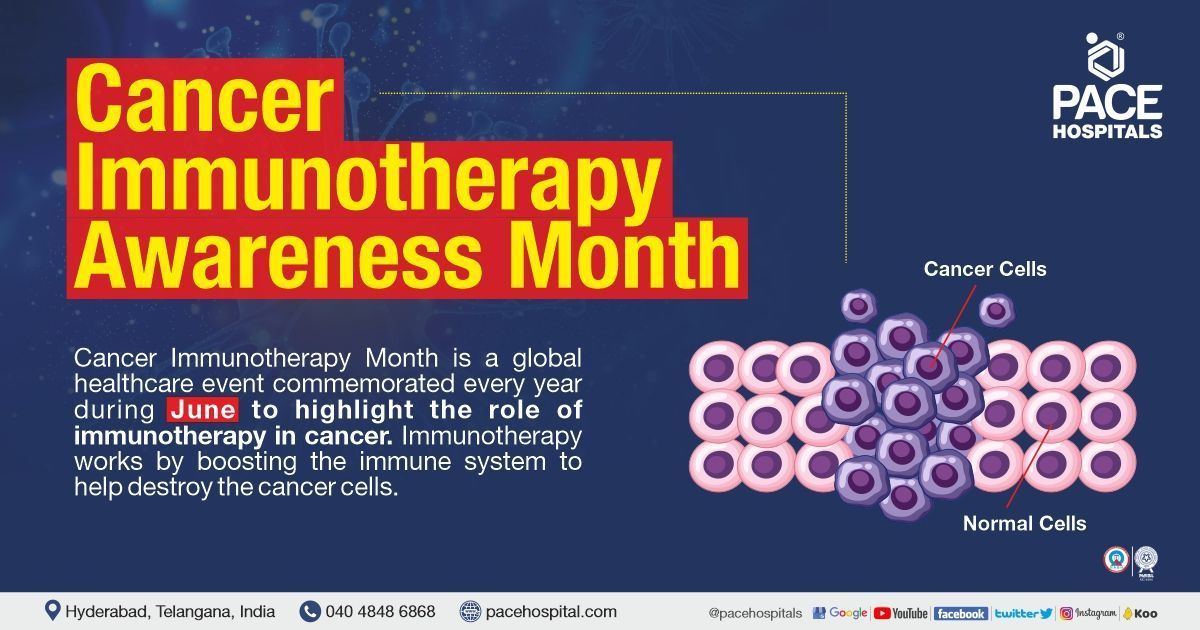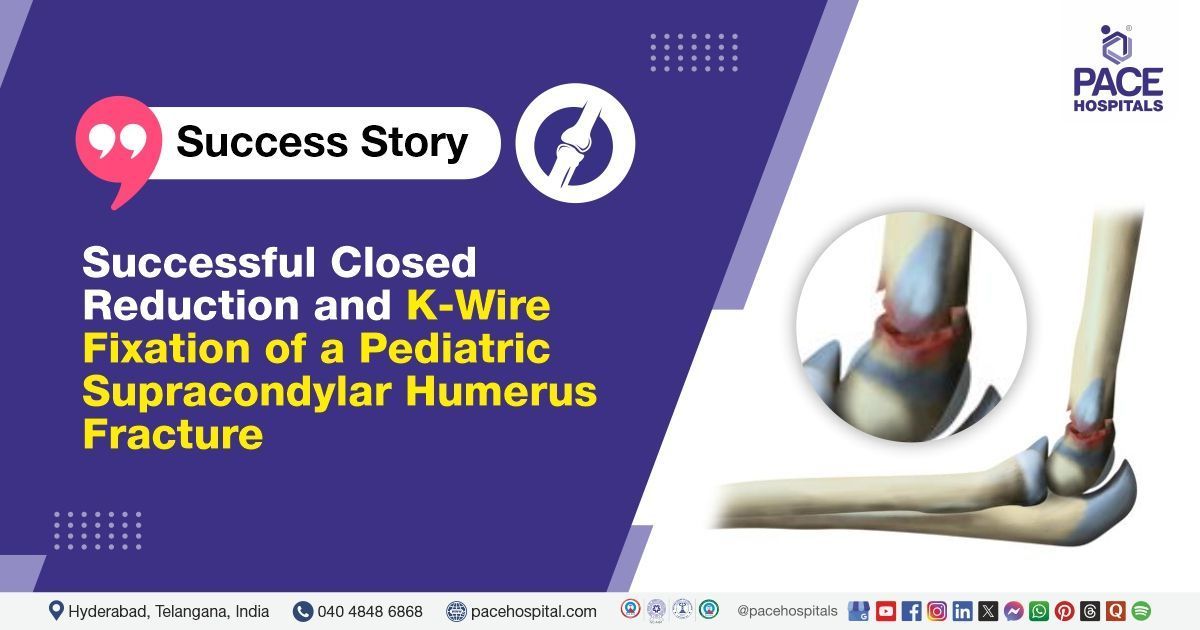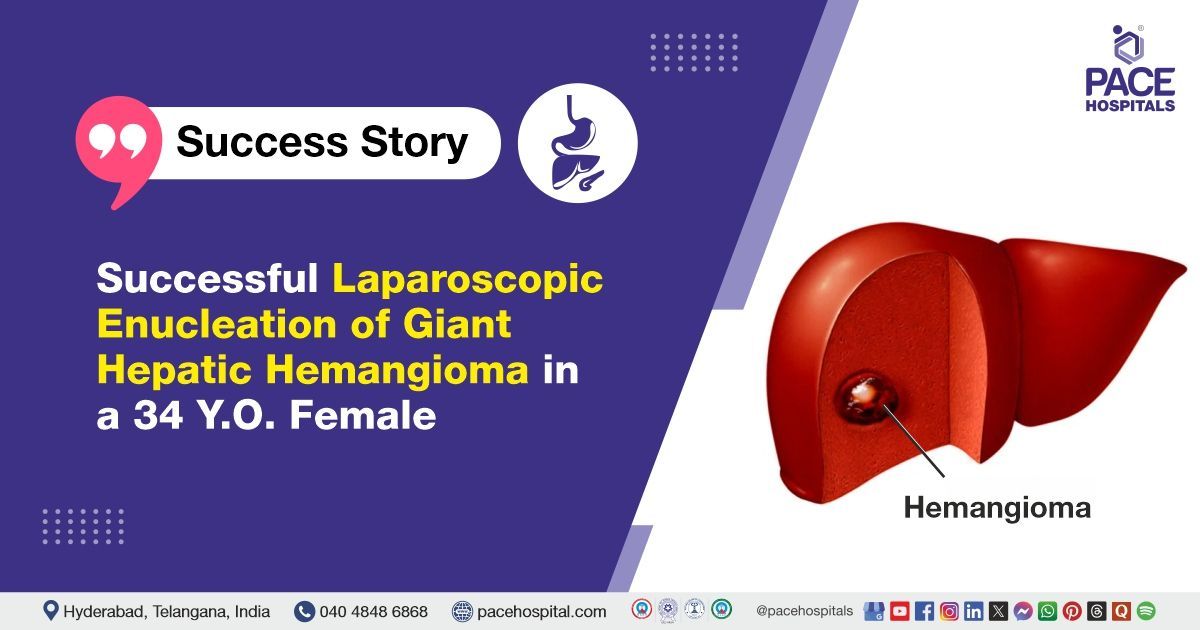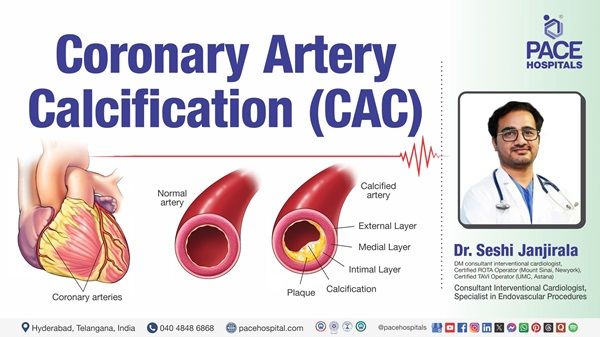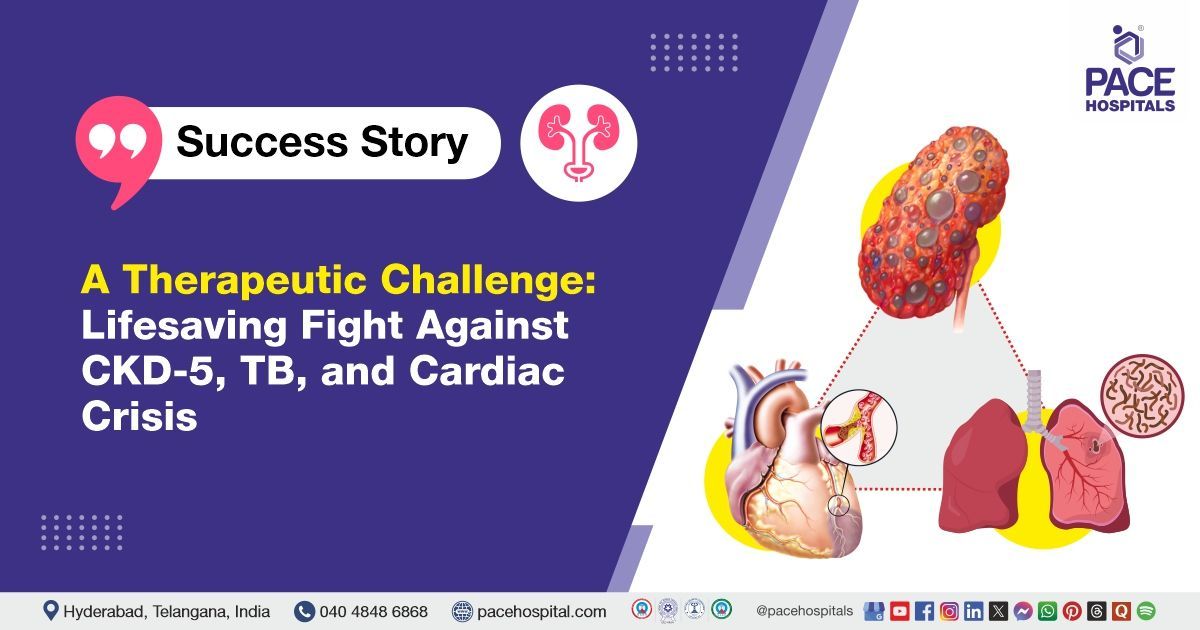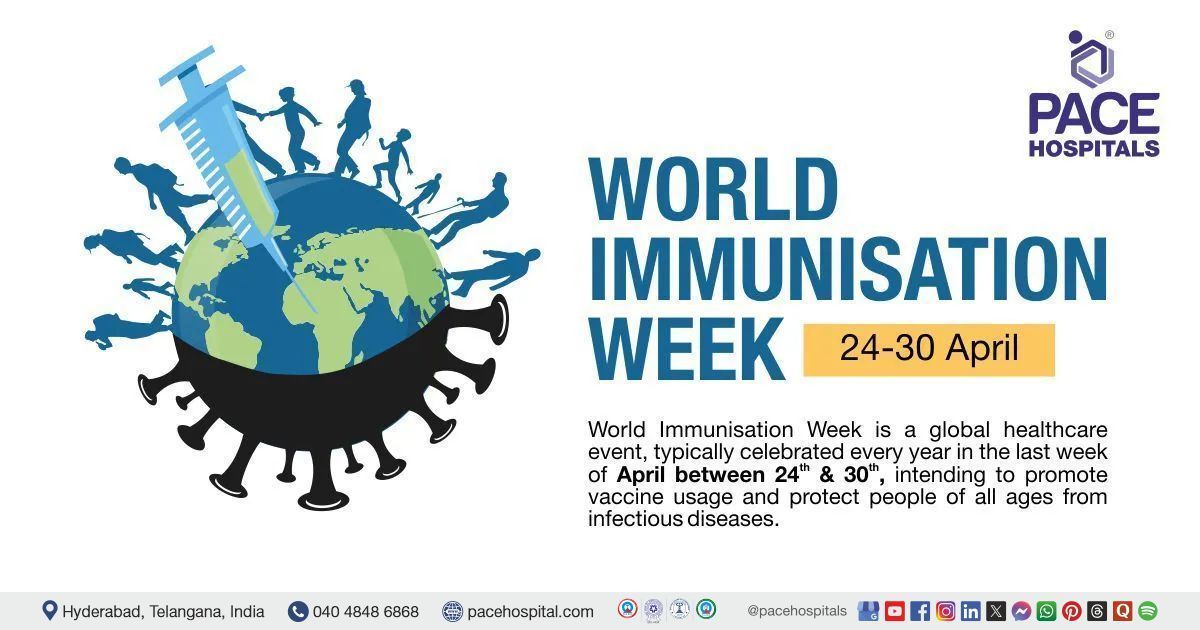Cancer Immunotherapy Awareness Month - June 2023
Cancer Immunotherapy Awareness Month is a global healthcare event commemorated every year during the entire month of June to highlight the role of immunotherapy in cancer, which was brought about by years of research contributed by scientists and oncologists.
Hosted by the Cancer Research Institute (CRI), the awareness brought by Cancer Immunotherapy Month is also helpful in generating funds for diversifying immunotherapy research into various cancers.
Immunotherapy is a manner of cancer treatment which primarily works in boosting the immune system to help find and destroy the cancer cells. The immunotherapeutic agents could be prepared from organic substances found in the body or entirely designed in the laboratory, and is often combined with other types of cancer treatments.
History and Importance of Cancer Immunotherapy Awareness Month
The Cancer Research Institute (CRI), a non-profit organisation founded by Coley Nauts and Oliver R. Grace Sr in 1953, is dedicated to saving lives through the discovery and development of potent immunotherapies for all types of cancer.
Since the last seven decades, the effort of thousands of scientists receiving CRI support has paid off with the discoveries of various advancements in cancer treatment. These institutional achievements and discoveries helped CRI in becoming the leading authority in cancer immunotherapy.
It was in 2013 that the first Cancer Immunotherapy Month was organised, intending to raise awareness of cancer immunotherapy apart from attracting funds for researching the same. Various individuals, organisations and non-profit establishments joined in the global campaign, which has continued ever since.
Types of immunotherapies
Five distinct immunotherapies have been identified, and various factors (such as type, size, location, and spread of the malignancy) influence the prescription of the immunotherapy type, dosage, and treatment plan. The five immunotherapies are:
- Adoptive Cell Therapy
- Immunomodulators
- Cancer Vaccines
- Targeted Antibodies
- Oncolytic Virus Therapy
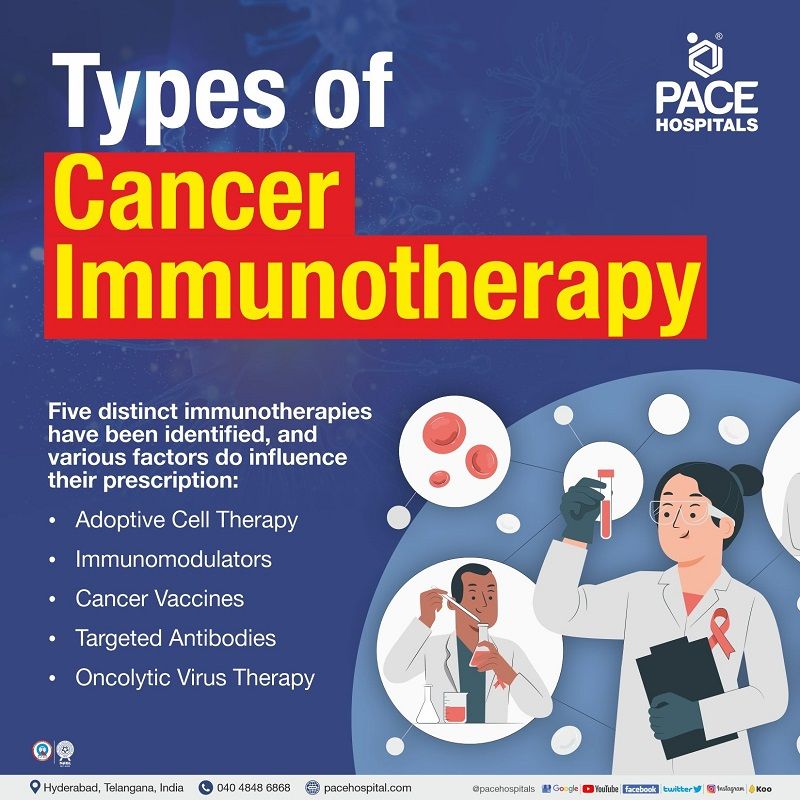
Adoptive cell therapy (ACT): It could be an additional treatment option for cancer patients in whom the disease progression is seen despite providing conventional treatment. Adoptive cell therapy works by transferring either the peripheral blood-modified immune cells or the tumour-resident immune cells into cancer patients to produce an anti-tumour function.
At present, three types of ACT have been discovered, which are classified based on their mechanism of action:
- ACT with tumour-infiltrating lymphocytes (TIL).
- ACT using T cell receptor (TCR) gene therapy.
- ACT with chimeric antigen receptor (CAR) modified T cells.
Currently, ongoing research identifies the role of various other immune cell types, such as the natural killer cells, for cell therapy in cancer treatment.
Cancer vaccines: Its typically involve the administration of selected tumour antigens combined with adjuvants that activate the dendritic cells (DC), or even DCs themselves to stimulate the patient’s adaptive immune system against specific tumour antigens to regain control over tumour growth, induce regression of cancers and eradicate minimal residual disease.
Immunomodulators: Apart from cancer, the dysfunction of the immune system is seen in various conditions such as inflammatory diseases, atherosclerosis, autoimmune diseases, infectious diseases etc. Various therapies (immunomodulators) have been developed with which the immune system can be targeted so that the immune system is boosted to treat diseases, including cancer.
There are four types of immunomodulators, which are classified based on their mechanism of action. They are:
- Checkpoint Inhibitors
- Cytokines
- Agonists
- Adjuvants
Oncolytic virus therapy: These (viruses that kill cancer cells) are a type of immunotherapy. With genetic modification, viruses that enter our cells to cause disease can be used to attack cancer cells. With genetic modification, targeting cancer cells is easy for the virus as cancer cells often have weaker defences, implying the ease of invasion. Oncolytic viruses then can destroy the cancer cells and release cancer antigens, triggering immune responses to seek out and remove any residual tumour cells.
Targeted antibodies: It can inhibit the activity of cancer cells and signal the immune system to remove them by accurately targeting and attaching to oncologic antigens. The antibodies are the proteins that are naturally created by B cells (a type of immune cells). The immune system can be augmented into producing cancer-specific antibodies at specific cancer sites.
The three types of targeted antibody therapies are:
- “Naked” Monoclonal Antibodies (mAbs)
- Antibody-Drug Conjugates (ADCs)
- Bispecific Antibodies
The Future of Cancer Immunotherapy
Despite the accomplishments of research advancements over the last few decades improving the knowledge of underlying mechanisms and pathways in controlling the immune system against cancer, there are still areas to decode and decipher. They include:
- The predictability of the immunotherapy efficacy.
- Tackling the developmental resistance to cancer immunotherapies.
- Necessity in designing clinical research strategies to determine the immunotherapy’s efficacy.
- Attempts at reducing the abnormally high treatment costs.
With the current pace of research, the obstacles can be surmounted and resolved as cancer immunotherapy improves. It could also incite a newer wave of targeted treatments and pharmacological combinations, which could enhance the efficacy and reduce toxicity in the cancer treatment.
Share on
Request an appointment
Fill in the appointment form or call us instantly to book a confirmed appointment with our super specialist at 04048486868

